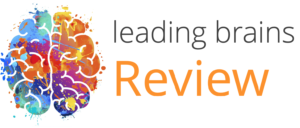
What makes for effective and resilient teams is something that interests many leaders and organisations. I have spoken about some of these aspects in other articles, particularly on team composition. But some new research gives some insights into the leaders themselves and how they influence effectiveness and resilience in the face of unexpected situations. Something that is of particular interest with the pandemic which has raised the importance of resilience.
So what behaviours created more effective and resilient teams?
Research into 48 teams from 5 Canadian startups by Brykman and King showed that those leaders who encouraged on-the-job-learning, and of note, also enabled and encouraged employees to speak up and give their ideas and suggestions for change, were more effective and more resilient.
An obvious point is that this is not in one-off situations but this must be constantly reinforced by the leaders and constantly communicated to employees. This is not just a nice value statement but is echoed in how leaders behave and interact with employees.
“Knowing that you have a leader who is focused on learning and not just on performance outcomes is critical”
So to summarise – creating effective and resilient teams is promoted by leaders:
- Encouraging learning
- Letting employees make suggestions
- Encouraging employees to learn from experiences (and mistakes)
- Communicating the above intentionally
- Communicating the above continually
In a time of change and where resilience has become a key leadership word, these are important takeaways — and one that is fully supported by our SCOAP model at leading brains. It is good to have this backed up by more research. So what are you going to learn from this? Any comments, let me know!













